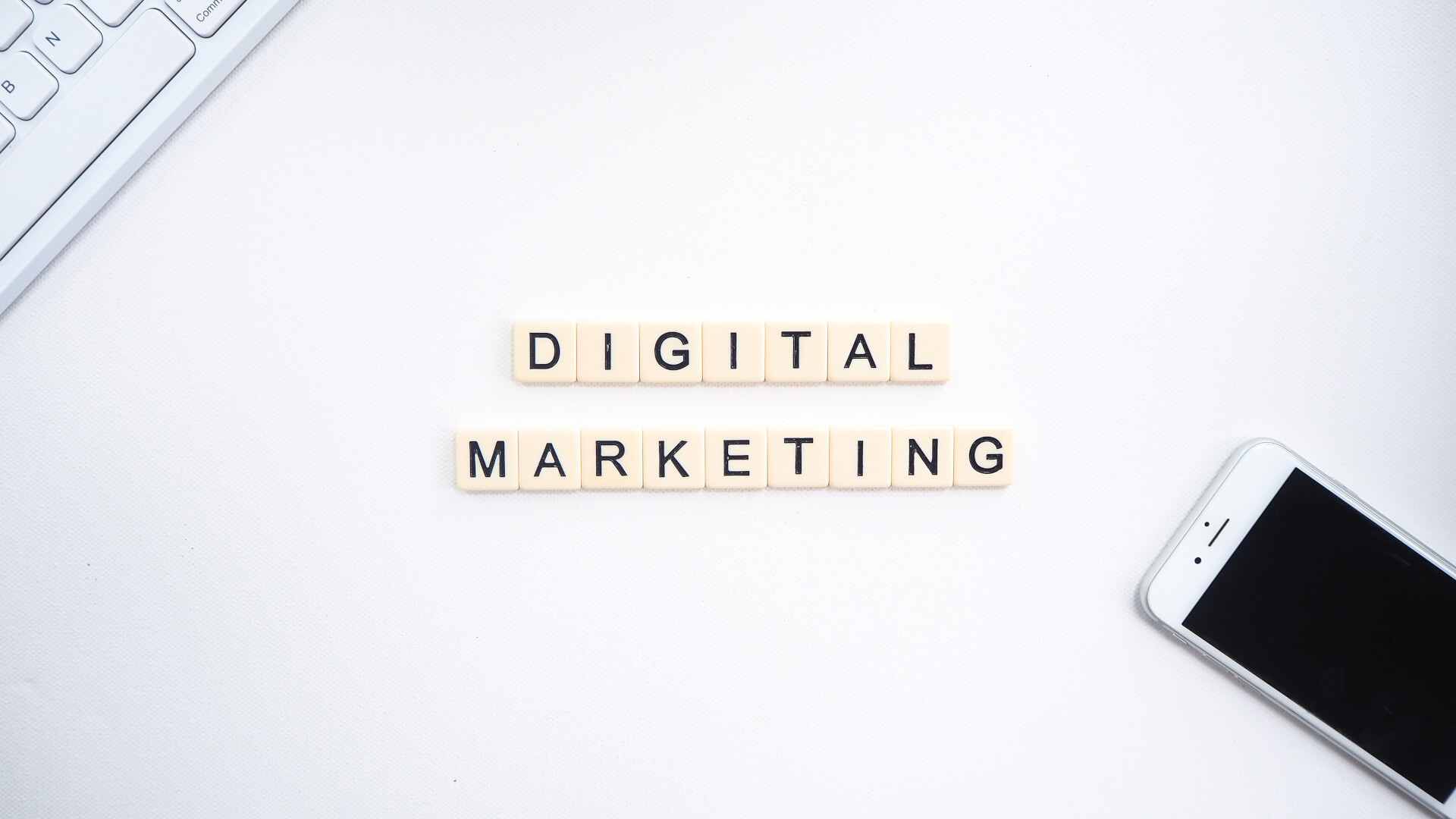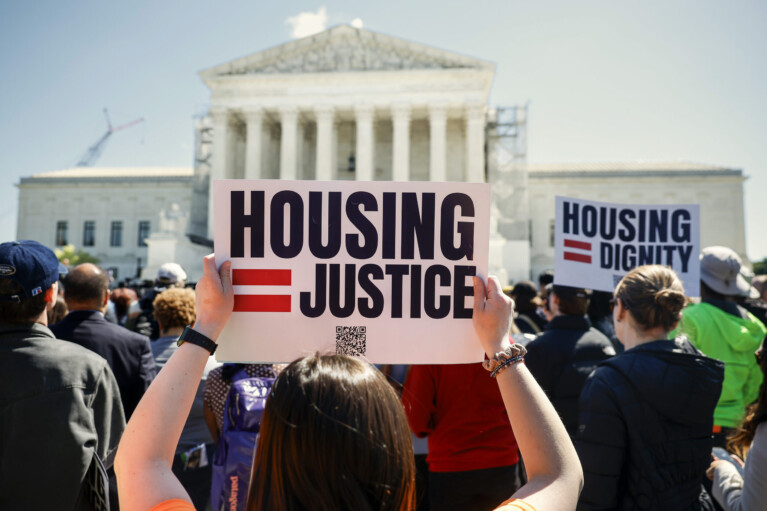Opinion: The Wrong Time For a Small Business Digital Tax

Maryland’s economy just hit a COVID-19 brick wall.
Businesses are struggling, baseball stadiums are empty, and employees are being furloughed and laid off statewide.
With Governor Hogan ordering non-essential businesses to close and employees to work from home, Maryland small businesses are working overtime with digital business tools and e-commerce, trying to stay alive – at least until federal grant and loan funds are flowing.
In these trying times, it is mind boggling that policymakers would enact a digital advertising tax that will hurt small businesses when they need affordable marketing solutions the most.
Our organization represents thousands of digitally empowered small businesses. Many are Main Street restaurants and retailers, but they also include manufacturers, event planners, and plumbers. These small businesses rely on affordable, efficient, data-driven online advertising, which they say outperforms Yellow Pages, billboards, and coupon mailers. Digital ads allow businesses to precisely select audiences by location, interests, and other factors that ensure return on investment.
Digital advertising operates as a constant auction, ensuring price transparency and efficiency. Advertising platforms — such as Google, Facebook, and others — provide easy-to-use tools that help small businesses know which audiences are likely to include that business’s best prospective customers. Small business advertisers bid on keywords or demographics (e.g., location), and the platform awards winners with advertising space on websites or search results that the business’s desired audiences see.
For businesses and their ad partners, this process occurs in milliseconds. Auctions continually run in the background. Winning bidders’ advertisements are delivered after a web page or search is requested, precisely as the website page appears on your computer or phone.
This guarantees that a small business advertisement goes only to relevant consumers at the very moment they express a specific interest. As the economy crumbles under coronavirus, digital advertising is the easiest and most cost-effective way for small businesses to reach prospective customers.
Maryland lawmakers may have intended to tax only the world’s largest companies, primarily out-of-state “Big Tech” firms that have very few local employees. But the tax, which ranges from 2.5% up to 10% of advertising revenue, will be paid by all advertisers.
Maryland’s smallest businesses advertise on platforms like Google and Facebook – and should anticipate that one day soon, their invoices from those platforms will include a new line labeled “10% Maryland Digital Advertising Tax.” Is this really what small businesses need during an economic crisis, when so many businesses have only have a few weeks of cash on hand?
If this bill becomes law, Maryland will stand as the only state that taxes digital advertising. Historically states have avoided taxing advertising in favor of taxing the commerce that advertising produces. Over the past three decades, more than 40 states have considered digital advertising taxes and they were almost always rejected. Arizona, Iowa, and Florida repealed their own advertising taxes years ago because they were hurting their local economies and were impossible to administer.
On behalf of our members and all Maryland small businesses, I urge Governor Hogan to veto the digital advertising tax and urge legislators to let the veto stand.
Maryland must “stay open” for small businesses and avoid pushing small businesses over the economic precipice. This is not the time to raise taxes that will be passed down to the same small businesses that are being crushed by the coronavirus crisis.
— JAKE WARD
The writer is President of the Connected Commerce Council (3C), a membership organization for digitally empowered small businesses that receives contributions from Amazon, Facebook, Google and Square.
Don’t miss a story! Click here to receive our morning newsletter in your email in-box. Free.





 Creative Commons Attribution
Creative Commons Attribution